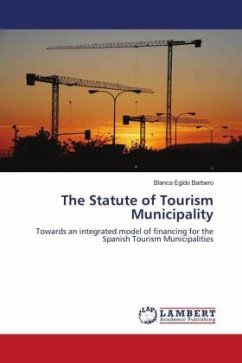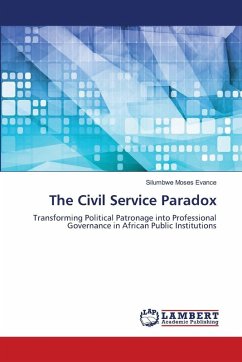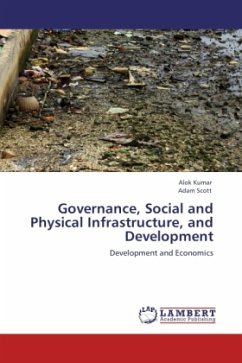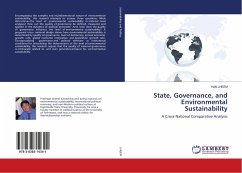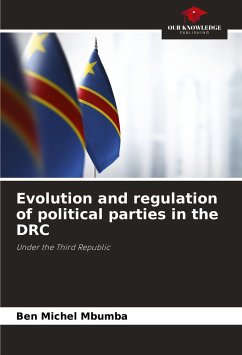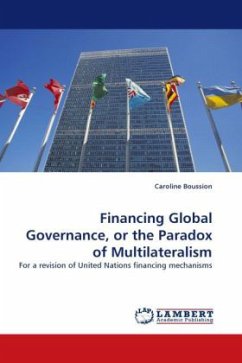
Financing Global Governance, or the Paradox of Multilateralism
For a revision of United Nations financing mechanisms
Versandkostenfrei!
Versandfertig in 6-10 Tagen
32,99 €
inkl. MwSt.

PAYBACK Punkte
16 °P sammeln!
In the last two decades, the increase of the United Nations organization budget occurred essentially through a significant growth of extra- budgetary resources. This phenomenon stemmed principally from political considerations; the growing lack of confidence of the major donor countries in the effectiveness and efficiency of the organization, as well as their minor influence on decision-making within the UN system, resulted in an unwillingness of donors to increase their contributions to the UN regular budget, to the benefit of earmarked funding. The present work consists in analyzing the risk...
In the last two decades, the increase of the United Nations organization budget occurred essentially through a significant growth of extra- budgetary resources. This phenomenon stemmed principally from political considerations; the growing lack of confidence of the major donor countries in the effectiveness and efficiency of the organization, as well as their minor influence on decision-making within the UN system, resulted in an unwillingness of donors to increase their contributions to the UN regular budget, to the benefit of earmarked funding. The present work consists in analyzing the risks and the strategies and way forward to ensure that financing mechanisms chosen by states serve well the accomplishment of the UN system organization's missions.



